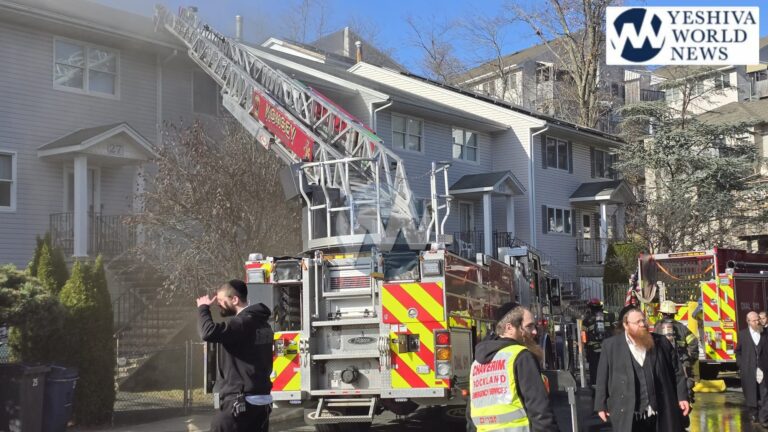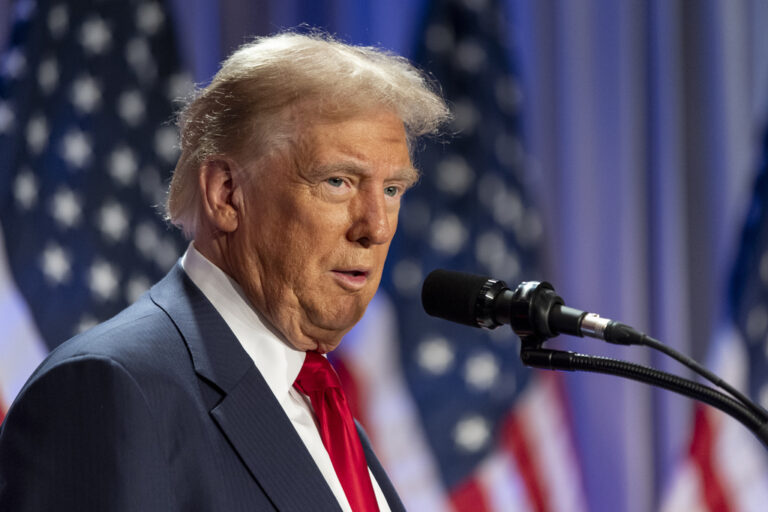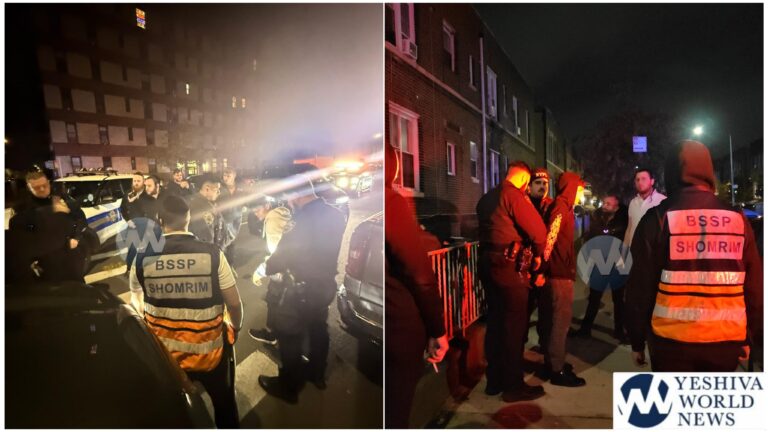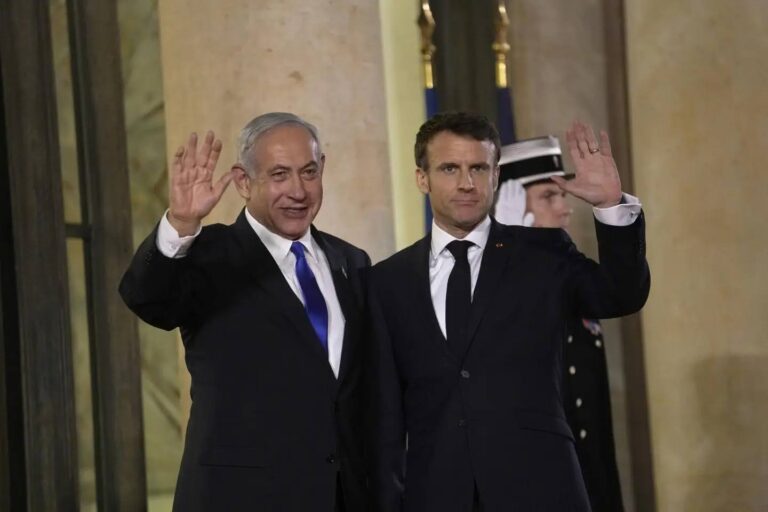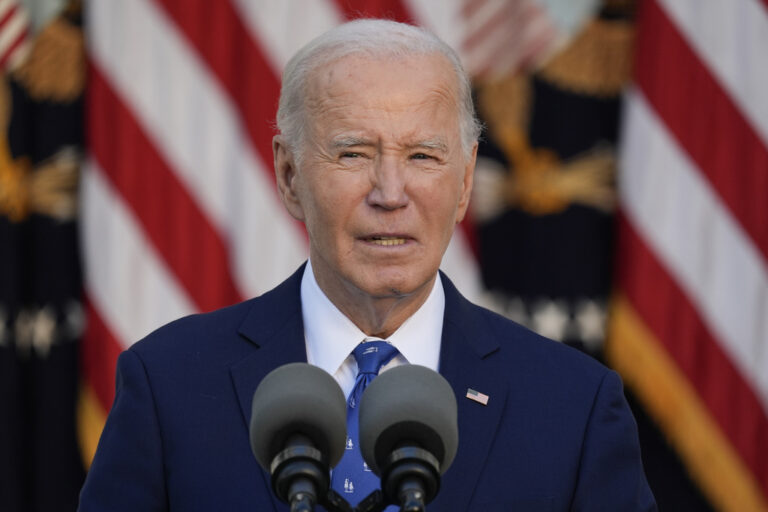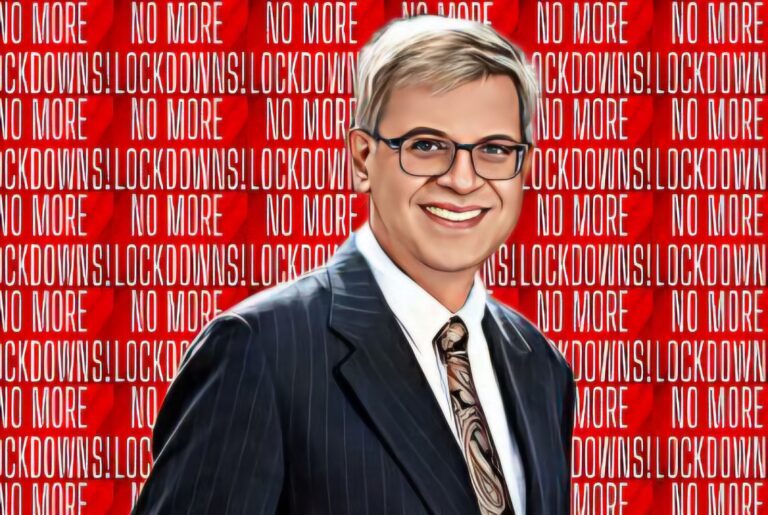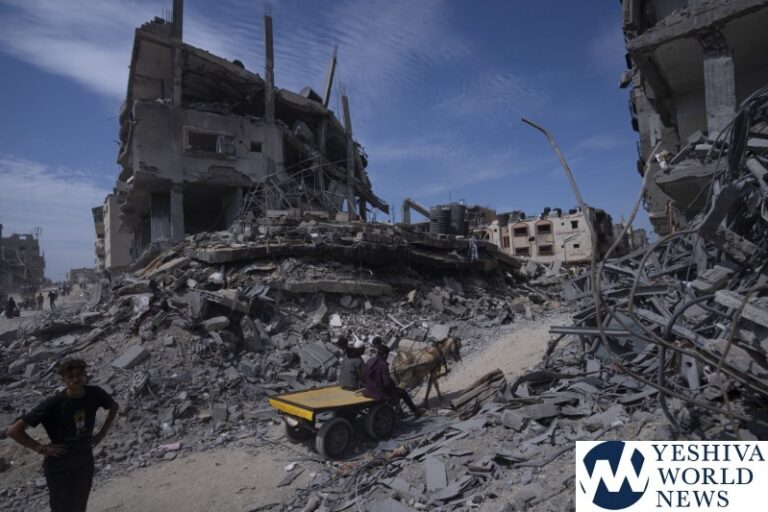 New York’s police force has thwarted numerous terrorist attacks despite claims its methods don’t work, a lawyer said Wednesday as he urged a judge to approve new guidelines to reassure the public the department carries out surveillance of political activities legally.
New York’s police force has thwarted numerous terrorist attacks despite claims its methods don’t work, a lawyer said Wednesday as he urged a judge to approve new guidelines to reassure the public the department carries out surveillance of political activities legally.
City attorney Peter Farrell said the New York Police Department can be credited with primary or significant roles in breaking up at least 25 terror plots.
He spoke after others at a public hearing complained the police force was intrusive in its monitoring of the city’s Muslim community and had nothing to show for it in its quest to stop terrorism.
Farrell said the city disputes the allegations and believes changes to the guidelines would reassure the public that the police department has acted legally.
U.S. District Judge Charles Haight convened the hearing before he decides whether changes are fair and reasonable to a 1985 consent decree, known as the Handschu Guidelines, that provides court oversight of police practices involving surveillance. He did not reach a decision Wednesday.
It is the second time the guidelines have been altered since they were set in 1985 to settle a 1971 lawsuit. They were relaxed after the Sept. 11 terrorist attacks to give police more flexibility to pursue terrorists. Now, they are being strengthened, primarily by letting a civilian sit on a police committee that reviews investigations involving surveillance of political activities. The civilian will be able to take up any disagreements with the police commissioner, the mayor and ultimately the court.
The changes were negotiated after litigants contended the police department had violated constitutional rights in its infiltration and surveillance of Muslim communities after the Sept. 11, 2001 attacks.
Iman Talib Abdur-Rashid said at the hearing that members of his Harlem community “believe we were surveilled because we were Muslims.”
He said the police department “believes we are terrorists because of our religion.”
He said no criminal charges resulted from the department’s surveillance.
Tahanie A. Aboushi said the civilian representative on the police committee must be more than a whistleblower. She said he or she must “sit at the table with negotiating ability and power.”
The guidelines, written to ensure the police department does not violate the Constitution when it conducts surveillance of political activities, were named after Barbara Handschu, the lead plaintiff.
Handschu, a 73-year-old divorce and custody lawyer, attended court Wednesday, as she has over the years. Haight, after adjourning for the day, acknowledged Handschu and said with a smile: “We’ve got to stop meeting like this.”
(AP)

